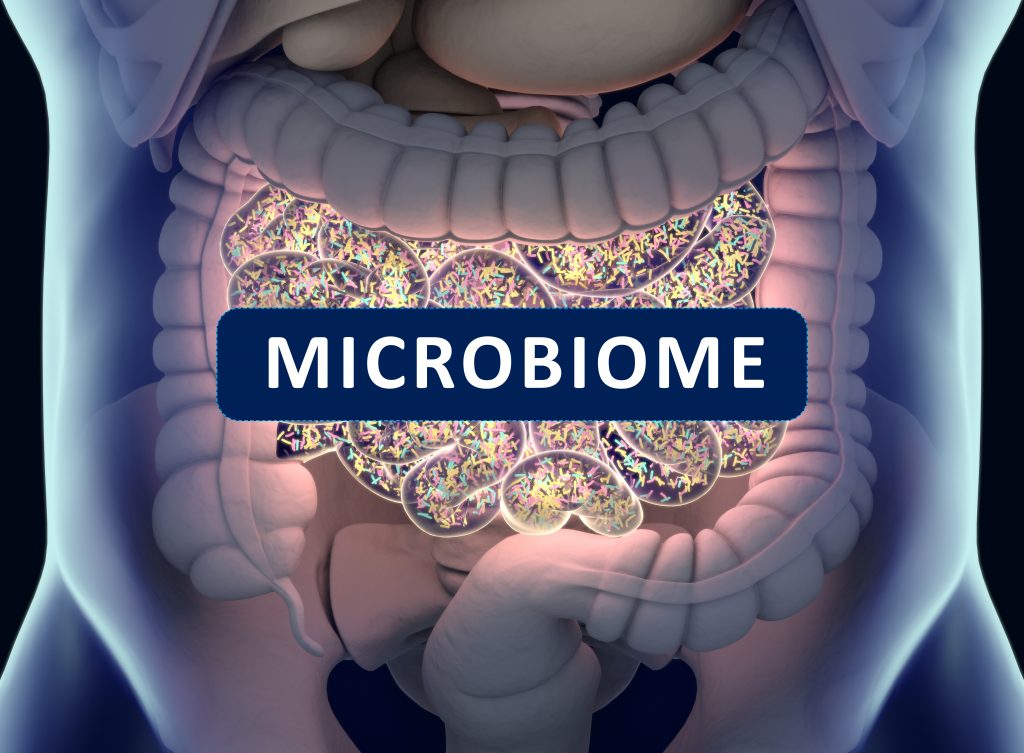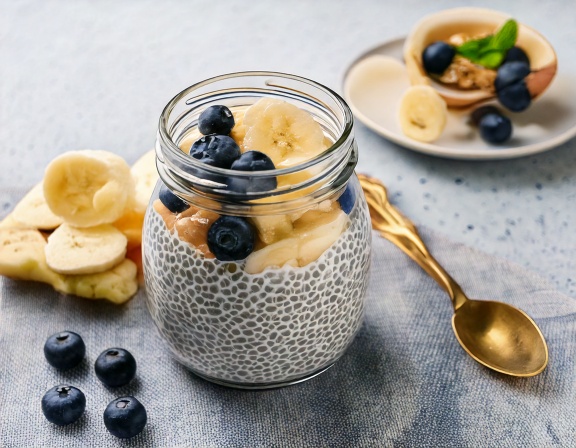Your cart is currently empty!



Understanding Gut Health: A Key to Overall Well-being
Gut health refers to the state of your digestive system, which includes the stomach, intestines, and the trillions of bacteria that live there. These bacteria, known as the gut microbiota, play a crucial role in your digestion, immunity, and even mental health. When your gut is healthy, it helps your body absorb nutrients, prevent harmful bacteria, and maintain a balanced immune system.
Why Gut Health Matters
A healthy gut is essential for your overall health. Research has shown that the balance of good and bad bacteria in the gut can affect various bodily functions, including metabolism, immunity, and mood. Imbalances, known as dysbiosis, can lead to digestive problems like bloating, constipation, and even conditions such as irritable bowel syndrome (IBS) or inflammatory bowel disease (IBD).

The Gut Microbiome
The gut microbiome consists of billions of bacteria, viruses, and fungi. These microorganisms help break down food, produce vitamins, and support immune function. Diverse microbiomes are linked to better health outcomes, while a lack of diversity may increase the risk of diseases like obesity, diabetes, and cardiovascular conditions.
Factors That Affect Gut Health
Diet
A diet rich in fibre, fruits, vegetables, and fermented foods promotes a healthy gut.
Processed foods, excess sugar, and artificial sweeteners can harm beneficial gut bacteria.
Drinking plenty of water supports digestion and prevents constipation.
Antibiotics & Medications
Antibiotics kill both harmful and beneficial bacteria, disrupting gut balance.
Other medications, like painkillers and acid reducers, can also affect digestion.
Stress & Mental Health
Chronic stress can upset the gut microbiome, leading to digestive issues.
The gut-brain connection means that anxiety and depression can influence digestion.
Sleep & Lifestyle
Poor sleep can negatively affect gut bacteria and digestion.
A sedentary lifestyle may slow digestion, while regular exercise supports gut health.
Food Intolerances & Allergies
Some people react badly to dairy, gluten, or other foods, causing bloating, discomfort, or inflammation.
Identifying and avoiding trigger foods can help maintain gut balance.
Hygiene & Environment
Overuse of antibacterial products may reduce exposure to beneficial bacteria.
A diverse environment, including contact with nature and pets, helps strengthen gut diversity.

Looking after your gut is one of the best things you can do for your overall health. A happy gut helps with digestion, boosts your immune system, and even supports your mood. The good news is that you don’t need fancy supplements—just the right foods!
The meals in this guide are packed with gut-friendly ingredients like fibre, probiotics, and anti-inflammatory herbs. They are simple to make, delicious, and full of nutrients to keep your digestion running smoothly.
From a comforting Overnight Oats Breakfast to a fresh Chickpea & Avocado Salad, a warming Turmeric Salmon Dinner, and tasty Ginger & Almond Energy Bites, these recipes will help you feel your best every day.
Eating for gut health doesn’t have to be boring or complicated.
Try these meals and enjoy better digestion, more energy, and a healthier gut!





